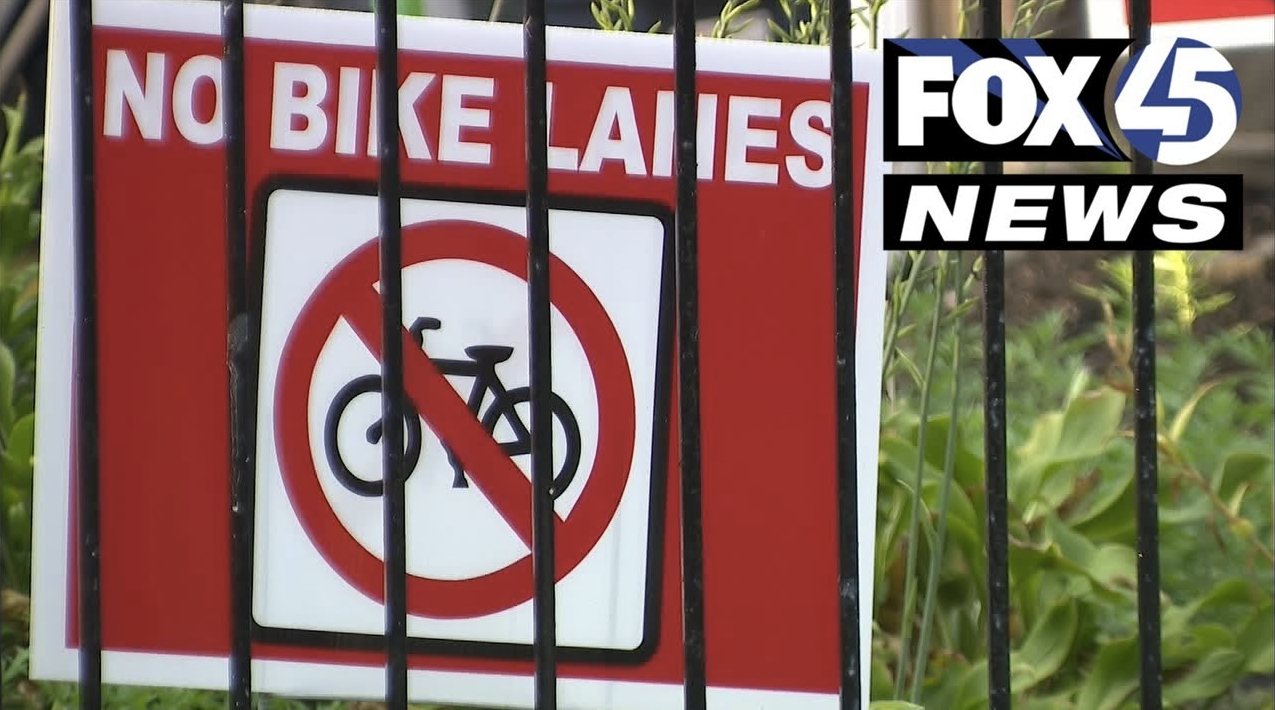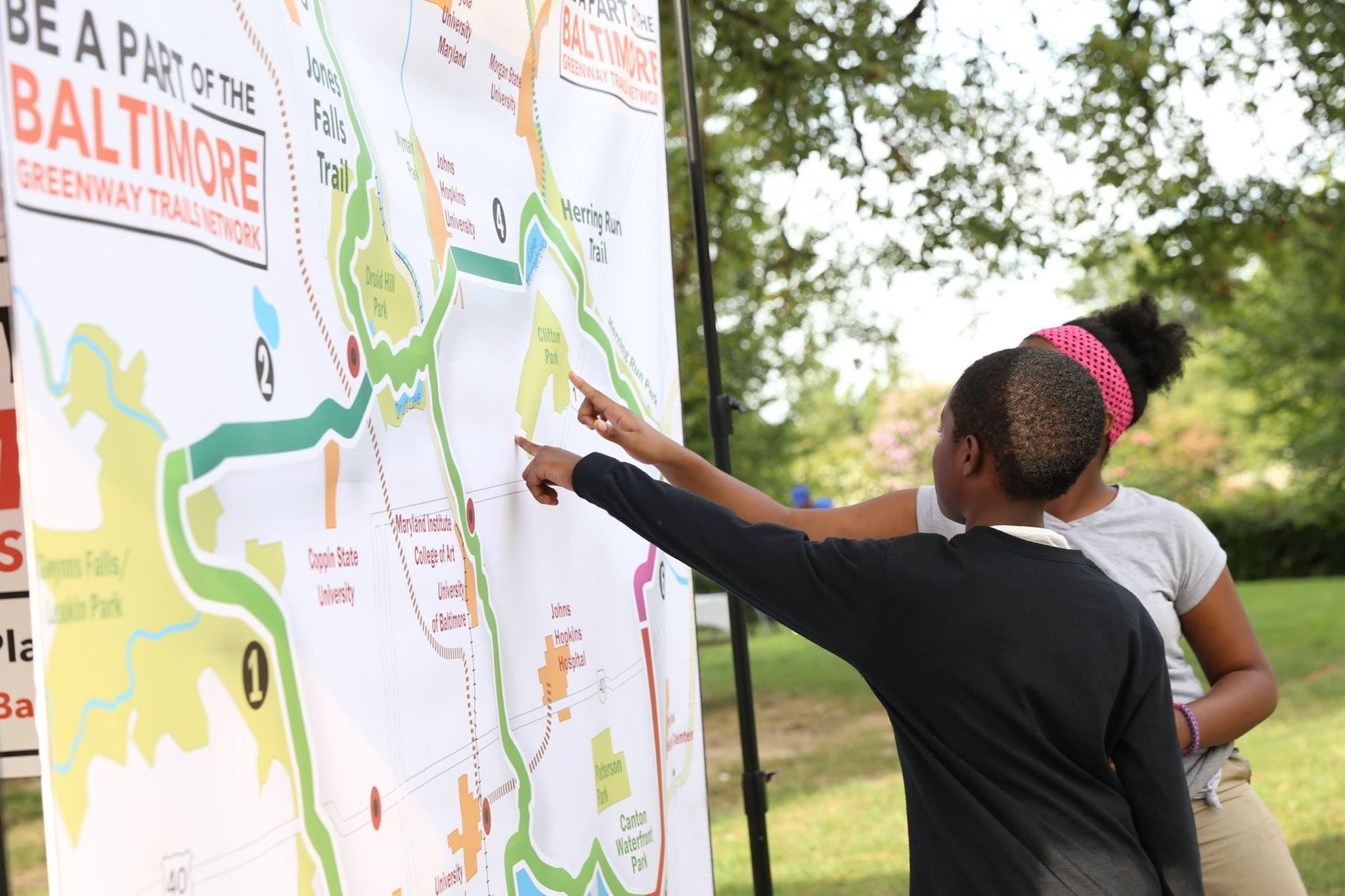Today Bikemore provided testimony to the Baltimore City Planning Commission on the FY2024-2029 Baltimore City Department of Transportation Capital Budget. You can check out the budget yourself by clicking here. Our formal remarks are pasted in their entirety below, and we will update this post with answers to additional questions we sent in as they are answered.
Chairman Davis and members of the Planning Commission:
Over the years Bikemore has testified in CIP hearings critiquing Baltimore City Department of Transportation’s spending priorities and ability to execute, while also advocating that despite this, they need more money.
Last year Bikemore worked with fellow transportation advocates, MACo, Baltimore City, and peer jurisdictions to advocate for increased Highway User Revenue shares for the city. One critique we heard in Annapolis was a fear that Baltimore City would ultimately redirect increased funds away from transportation. Despite this critique, we were successful, and DOT is supposed to be armed with significantly increased funds to spend on the massive backlog of deferred needs presented by Interim Director Johnson today.
Yet Finance is not issuing bonds this year for Baltimore City Department of Transportation, and are allocating Highway User Revenues for non-transportation purposes, ultimately resulting in a budget decrease over prior year. We urge the Planning Commission to condemn this approach. We can't stress this enough: this is money for transportation and the city is poised to completely embarrass itself in Annapolis by doing exactly what critics claimed it would do with these increased funds in diverting them elsewhere.
Looking at this year’s CIP, as in years past, we are concerned that legacy streetscaping and bridge division projects may be overbuilt and require subsequent extensive safety retrofit once constructed. The opportunity is now to fix those things before these projects go in, or even consider canceling projects that we can't fix and directing those funds to better projects. Retrofits of Harford Road and Central Avenue were expensive, and had our stated concerns been incorporated during 15, 30, 60, or 90% design, these concerns could have been addressed more affordably.
We are also concerned that the Baltimore City Department of Transportation continues to bear the burden of all ADA retrofits in the city, which is in part a product of their own unfortunate street cuts policies and franchise agreements.
But largely, we are impressed with this CIP. It continues a trend of shifting investments toward ADA, Transit, and other critical complete streets safety retrofits. It preps us for large scale, transformative infrastructure changes on some of our most dangerous corridors that are barriers between disinvested neighborhoods and parks, jobs, and opportunity, with the existing Reconnecting Communities Grant Application and planning projects in the CIP for a subsequent application for Druid Park Lake Drive. We encourage the commission to prioritize these complete streets projects in ranking, specifically those advancing transit.
This brings us to the matter of execution. This year's departures of the BCDOT Director Steve Sharkey, Chief of Staff Adrea Turner, Data Analyst Brian Seel, Capital Planning Chief Lysh Lorber, Complete Streets Manager Graham Young, Lead Bike Planner Matt Hendrickson, and Interim Transit Bureau Chief and Shared Mobility Coordinator Meg Young are deeply concerning, and many of these departures are related to the lack of political will to execute projects. The short summary is, we're at a tipping point. There's a lot of good here. But will it be executed?
We’ll give an example. The Eutaw Place separated bike lane is in this year's CIP. Funds have been banked for this project in the CIP for years. It was in the 2017 Separated Bike Lane Network Plan adopted by this commission, at the time slated for priority install within two years. Today, four years after it was supposed to be installed, we're finally at the finish line with a funded project for installation as soon as the weather warms.
Yet this week we've learned it's on indefinite hold–despite broad community support–over concerns from a vocal minority about mild parking loss, something that can't even legally be prioritized under our Complete Streets Ordinance. This decision may force us to return Maryland Bikeways grant funding, and affect millions of dollars in potential future awards.
We fear transit projects that will require significant parking sacrifices to be truly transformative, like our North-South and East-West RTP corridors, could suffer a similar fate, negatively impacting hundreds of thousands of transit riders.
This example shows we have a choice to tip forward, but it looks like we may tip backward. Even if we fix the money problem, we need real leadership and adherence to our laws to see these projects cross the finish line.
Thanks for the opportunity to comment.
Sincerely,
Jed Weeks
Interim Executive Director






